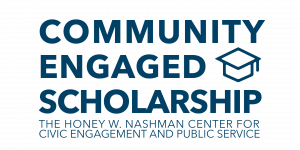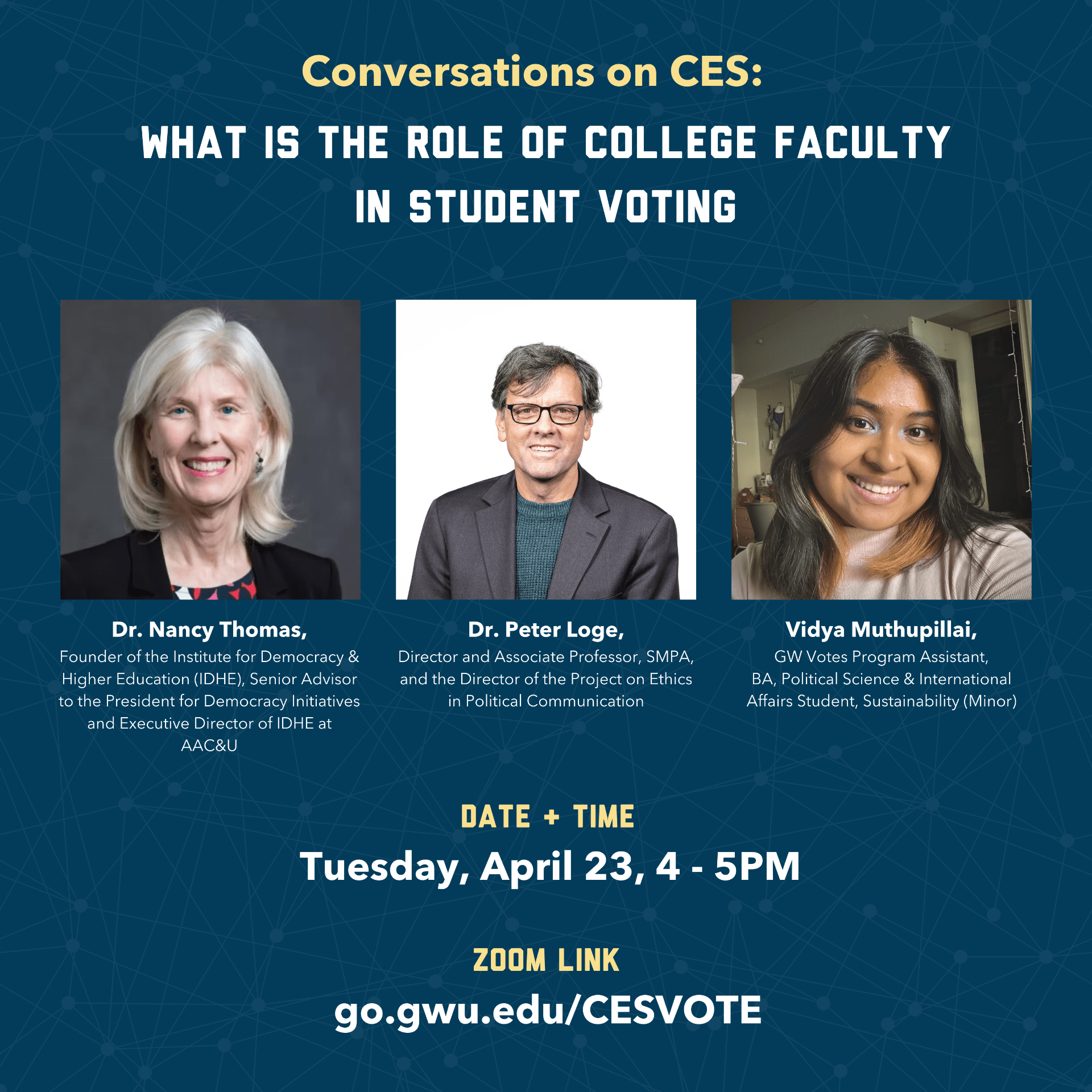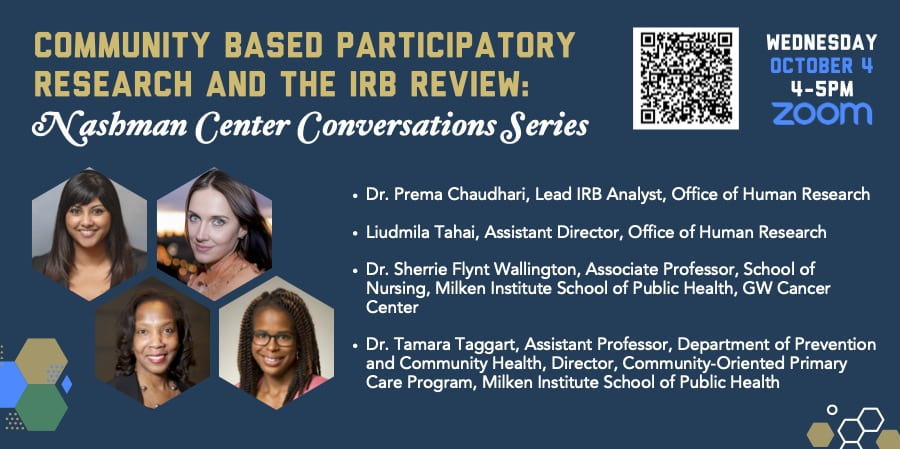We kicked off a new semester with a wine and cheese networking event for the continuing Conversations on Community Engaged Scholarship series. Maranda Ward (SMHS) facilitated a fact-filled and data-driven discussion about our city. Ward emphasized not just recent data on health and wellbeing disparities but also highlighted the assets and strengths throughout the city.
Wednesday, Jan 24, 4-5pm
University Student Center, Room #405
Dr. Maranda C. Ward is an Assistant Professor and Director of Equity in the Department of Clinical Research and Leadership in the GW School of Medicine and Health Sciences. In this role, she designs, evaluates, and teaches health equity curriculum for student and faculty learners.
Ward describes herself as a community educator, curriculum developer, and youth builder. She has strong commitments to service-learning, equity, community legacy, youth development, and honoring youth voice.
Dr. Ward is an expert in advancing anti-racism efforts within health professions education and in designing curricula to enable students and faculty to competently promote health and racial equity in practice. Her research focuses on diversity, equity, inclusion, justice and antiracism educational interventions as well as stakeholder-engaged community-focused studies on HIV, Black women's health, and youth identity. She is also skilled in the application of participatory action research methods.
 April 3rd, 4-5:30pm | USC, 3rd floor Amphitheatre
April 3rd, 4-5:30pm | USC, 3rd floor Amphitheatre






